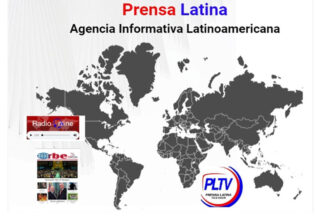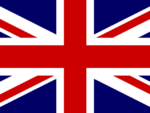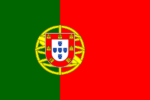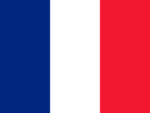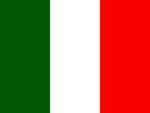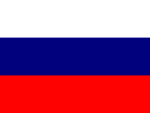The Cuban ambassador, Esther Armenteros, and other diplomats, directors of various ministries, and the governor of the province of Luanda, Luther Rescova, were part of the delegation that attended the meeting.
As Silvia Lutucuta, Minister of Health, appreciated, the SARS-CoV-2 pandemic constitutes an unprecedented challenge for humanity, with major economic and social impacts; a fight in which new things are learned every day about the prevention and diagnosis of the disease.
For Saharan Africa, the challenge may be even greater; the limitations of our health systems are known, said the minister about the exceptional measures taken in Angola under the State of Emergency, as ordered by President João Lourenço, and the significance of the increase in Cuban aid.
Lutucuta specified that the members of the medical brigade will now spend a period of quarantine, complying with the provisions in force in the country, and then will train the personnel and carry out preventive and assistance tasks directly related to the Covid-19 pandemic.
A good part of the newcomers are women, many of them are doctors with years of professional experience in Cuba and in other parts of the world, including medical assistance in situations of epidemic contingency and in territories where viral diseases of endemic character and high morbidity prevail.
However, Miglan Finlay, from the privince of Matanzas, Cuba, and Sheila Tamayo, from Santiago de Cuba, told Prensa Latina that the preparations for this new mission on African soil included rigorous theoretical and practical training on biosecurity and protocols for care for infected patients.
According to Miglan, professional mastery and discipline in complying with sanitary regulations are valuable tools to save lives, and as she said, she is hoping to learn also from the good practices of her Angolan colleagues.
sus/llp/rgh/mjm


